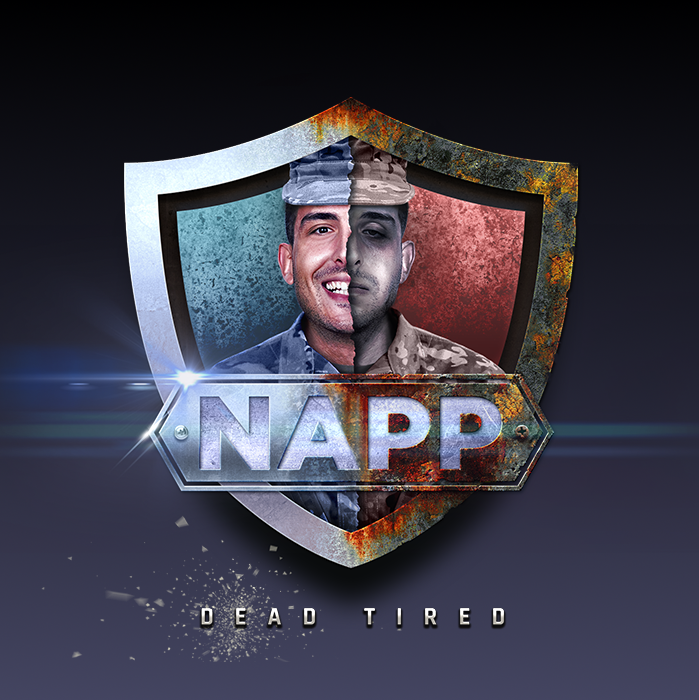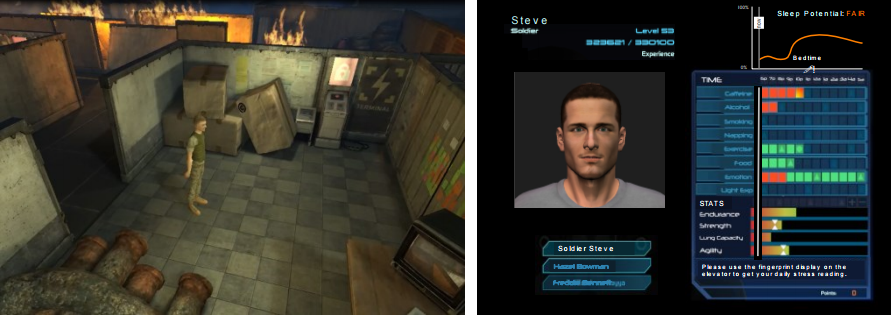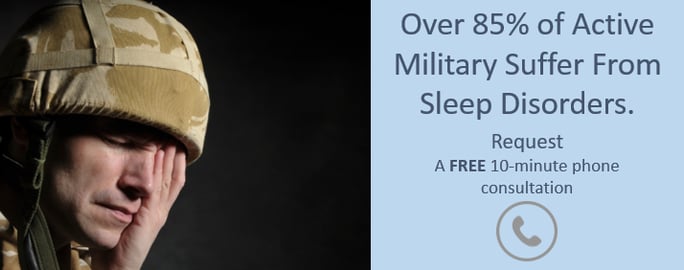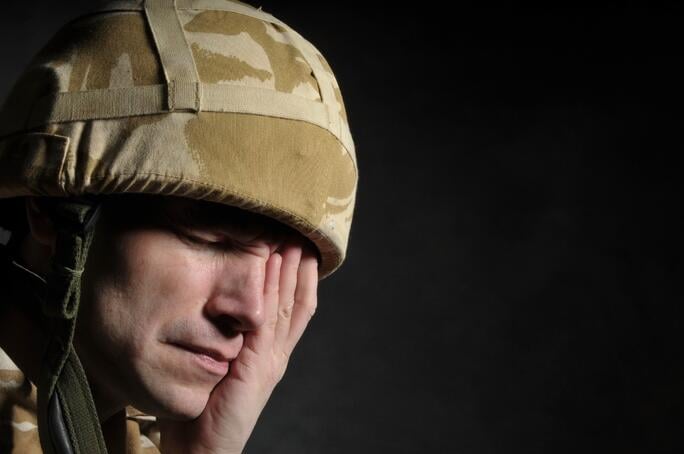Active duty military personnel lead stressful lives. Whether deployed abroad or serving stateside, demands on their time, bodies, and families can prove difficult to manage. Studies have shown that this stress can negatively affect the sleeping habits of active duty military personnel. According to the American Academy of Sleep Medicine, a recent study revealed that over 85% of active duty military suffer from some type of sleep disorder.
According to Dr. Reese Omizo, Director of the Defense Health Agency’s (DHA) joint, biotechnology research center, “Lack of sleep is a high-priority problem that is particularly pronounced in the military.”
In order to combat the sleep disorders in solders, the Military Health System (MHS) has created a new mobile application to help active duty military personnel understand the connection between actions and behaviors with sleep.
The Nighttime Alleviation Play and Practice (NAPP) app is a mobile, third-person, three-dimensional role-playing adventure gaming application that allows users to learn how healthy behaviors can lead to more productive sleep. In the game, players go through a simulated 24-hour day in hour increments, all of which takes approximately 30 minutes of actual game play.


Captain Satterfield continued, “Most people need seven to nine hours of sleep, some do fine with six hours per night, but the number should not dip below six.”
The NAPP app is also designed to help service members continue to lead normal lives after service. Dr. Omizo, who helped develop NAPP, elaborates. “Sleep problems can compromise operational effectiveness and make it difficult for service members to resume their lives after returning home from a deployment. Getting enough quality sleep on a regular basis is as important to long-term well-being as healthy eating, physical activity and smoking cessation.”

Dr. Omizo believes that the NAPP app will help active military service members see improvements in the quality of sleep. “When people are able to more directly see how sleep affects them, they’ll understand just how crucial sleep can be for daily functioning and operational readiness.” Omizo adds, “To produce real changes, barriers to sleep must be understood and overcome. NAPP provides more than information and instruction; it gets the player involved and more conscious of what they are doing to improve their sleep.”
The NAPP app currently is not available to the general public, but there are other mobile applications that can help improve your sleep. For example, Sleep Genius is currently available for download on mobile devices and was designed to help astronauts sleep. Sleep Genius helps users sleep better by training your brain into natural sleep rhythms.
Other apps also available that provide relaxing nature noises, soothing music, and even hypnosis. Simply search for “sleep” in your mobile phone’s application store to find the right app for you.
Although mobile apps and other sleep aids can help alleviate symptoms of common sleep disorders, the best method to sleep better is to visit your local sleep clinic for a professional evaluation. If you live in Alaska and would like to speak to a sleep specialist about improving your bedtime routine, please click on the link below.












